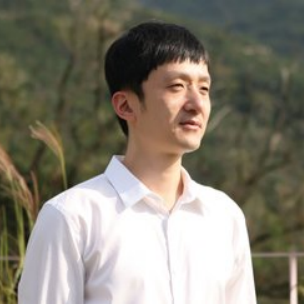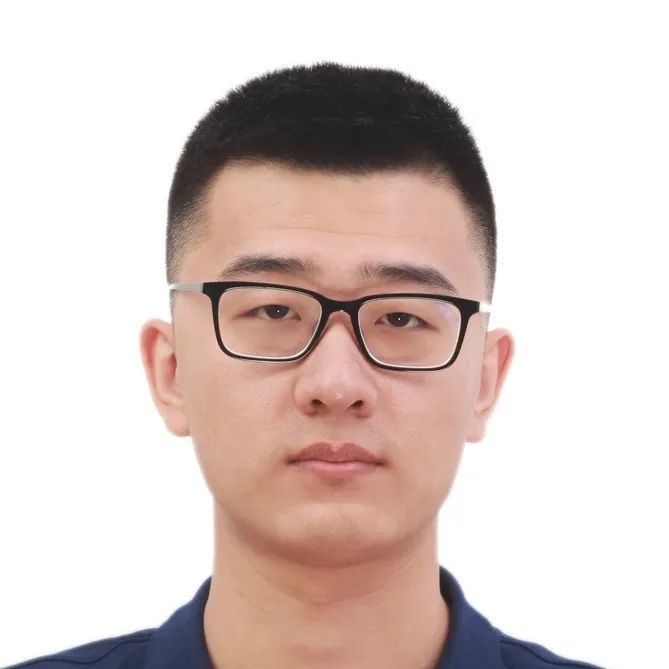
AI4CITY - AI-Aided Design: A New Participation-based Generative Urban Design Approach
As generative AI rapidly reshapes our understanding of the urban world from mobility optimization and environmental monitoring to plans and design automation new interdisciplinary frameworks are urgently needed. Building on the success of the 2024 event, the College of Architecture and Urban Planning (CAUP) at Tongji University will initiate and host the second AI4CITY Conference and the inaugural AI4CITY International Summer Workshop in July 2025, in collaboration with the International Association for China Planning (IACP) and the World Urban Planning Education Network (WUPEN), and in partnership with a wide network of universities and institutions from around the world.
The AI4CITY Summer Workshop is the first global program to focus specifically on the integration of Artificial Intelligence for Cities. It fosters problem-driven, cross-disciplinary collaboration and encourages the use of AI as a tool for exploring “more explainable, collaborative, and sustainable” urban futures. We warmly invite outstanding scholars, senior undergraduate students, master’s students, PhD. candidates, as well as early-career researchers, from both AI-related and city-focused disciplines to join us in Shanghai for this summer initiative.
Instructors
Steven Jige Quan | Associate Professor & Director, City Energy Lab, Graduate School of Environmental Studies, Seoul National University
Pengyang Wang | Assistant Professor, State Key Lab of Smart Cities and Internet-of-Things, University of Macau
Keywords
Participatory urban design; Generative design; Deep learning; Sustainable urban regeneration
Description
In recent years, generative design in urban planning and design has gained momentum alongside advancements in artificial intelligence (AI). At the same time, the growing demand for urban regeneration—especially in Chinese megacities—has created significant challenges for generative design, particularly in addressing participatory processes and small-scale strategies to revitalize old neighborhoods and meet sustainability goals.
This workshop introduces a novel approach that integrates state-of-the-art AI technologies with expert design skills for generative urban design in a participatory context. Participants will begin by exploring the concept and theory of AI-aided design. Next, the workshop provides tutorials on AI techniques relevant to generative design, such as Generative Adversarial Networks (GANs) and Vision Language Models (VLMs). Through a hands-on case study, students will apply these theories and techniques to explore the potential of AI-aided design in urban design practice, including urban regeneration projects.
Through the learning and training process in the workshop, attendees will have a deeper understanding of the complexities inherent in urban design—particularly in the context of urban regeneration—and will learn how to incorporate AI into participatory design processes. They will also gain technical skills to utilize advanced AI tools in participatory urban design.
This workshop is suitable for anyone interested in advancing AI-aided design, especially undergraduate and graduate students.
Schematic of the Study

Schematic diagram of research process (Quan, 2022)
Instructors
Steven Jige Quan
Associate Professor & Director, City Energy Lab, Graduate School of Environmental Studies, Seoul National University
Steven Jige Quan is an Associate Professor and the Director of the City Energy Lab in the Graduate School of Environmental Studies at Seoul National University, South Korea. His research interests include smart and sustainable urban systems, urban form and energy, AI-aided design (AIAD), urban thermal environment, and sustainable zoning systems. Prior to joining Seoul National University, Steven worked as a Department Chief Planner at Beijing Tsinghua Urban Planning & Design Institute, China and a Lecturer at Georgia Tech. Steven holds a B.Arch and an M.Eng in Urban Planning from Tsinghua University, China, and an M.Sc in Computer Science and a Ph.D. in City and Regional Planning from Georgia Institute of Technology. Steven has authored papers in top journals within the urban planning and energy fields, such as Renewable and Sustainable Energy Reviews, Energy and Buildings, Building and Environment, and Environment and Planning B. Steven’s work has garnered support from multiple funding entities, notably receiving the prestigious Outstanding Young Scientist Grant awarded by the National Research Foundation (NRF) in South Korea, and grant awarded by National Natural Science Foundation of China (NSFC) as an international collaborator. He currently serves on the editorial boards of several planning journals, including the Journal of Planning Education and Research, and also holds the position of Associate Editor for the computer science journal ACM Transactions on Social Computing. He served as a principal co-organizer of the AI for Urban Planning Workshop at AAAI, one of the premier conferences in computer science.
Pengyang Wang
Assistant Professor, State Key Lab of Smart Cities and Internet-of-Things, University of Macau
Dr. Pengyang Wang is an Assistant Professor in the State Key Lab of Smart Cities and Internet-of-Things at the University of Macau. His research interests are in data mining, machine learning and big data analytics, especially in representation learning for Spatial-Temporal Graph-Structured data, with applications to smart cities, transportation, user/system behavior modeling, critical infrastructure defense, and complex network analysis. Pengyang has received “Global Top 100 Chinese Rising Stars in Artificial Intelligence”, one Best Student Paper Runner-up award of SIGKDD 2018, and one Best Paper Runner-up award of SIGSPATIAL 2020. Specifically, his work on automated urban planning has been featured by Synced and UCF Today, and his work on urban vibrancy has been highlighted by the Natural Science Foundation (NSF) of the U.S.
 ABOUT US
ABOUT US






